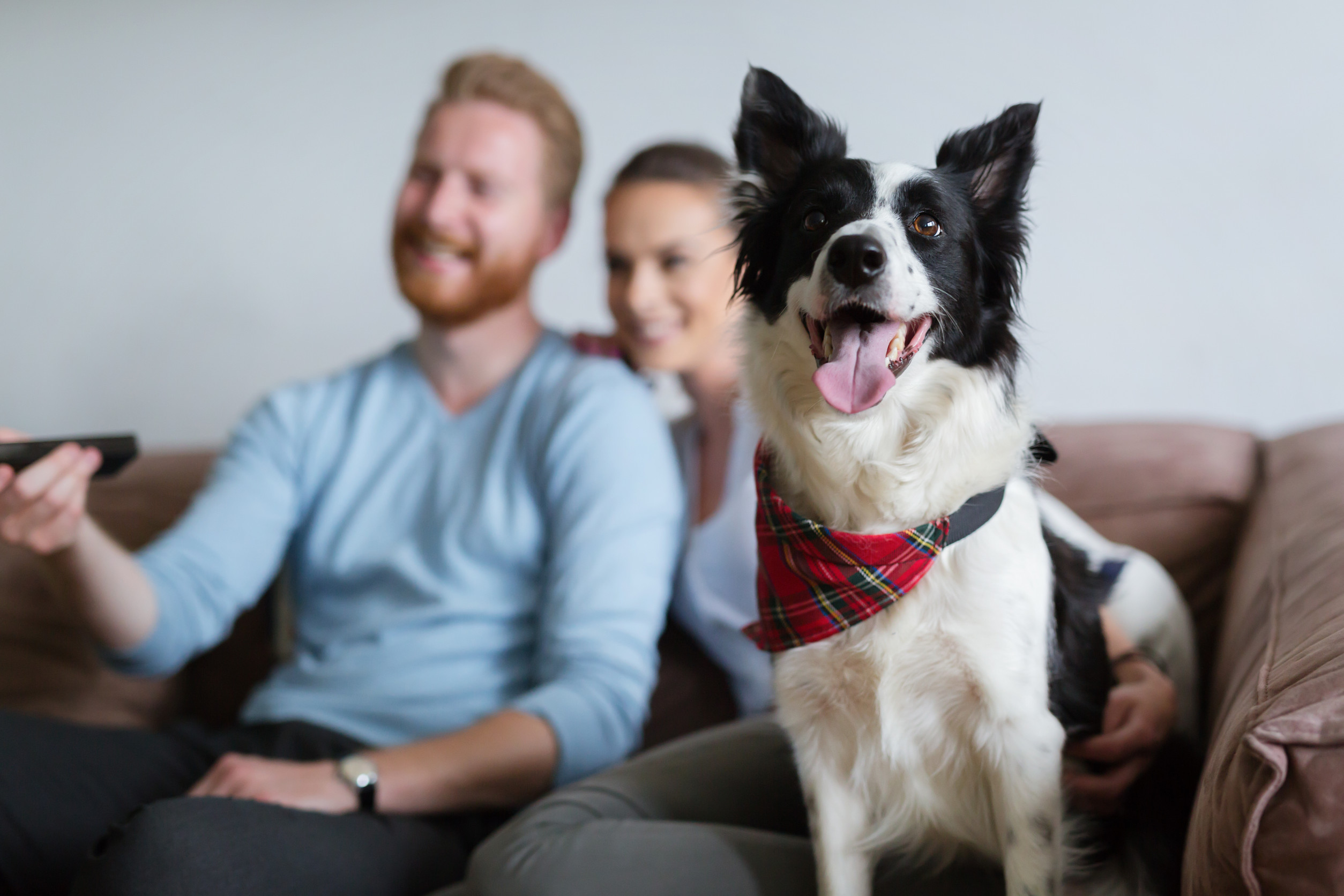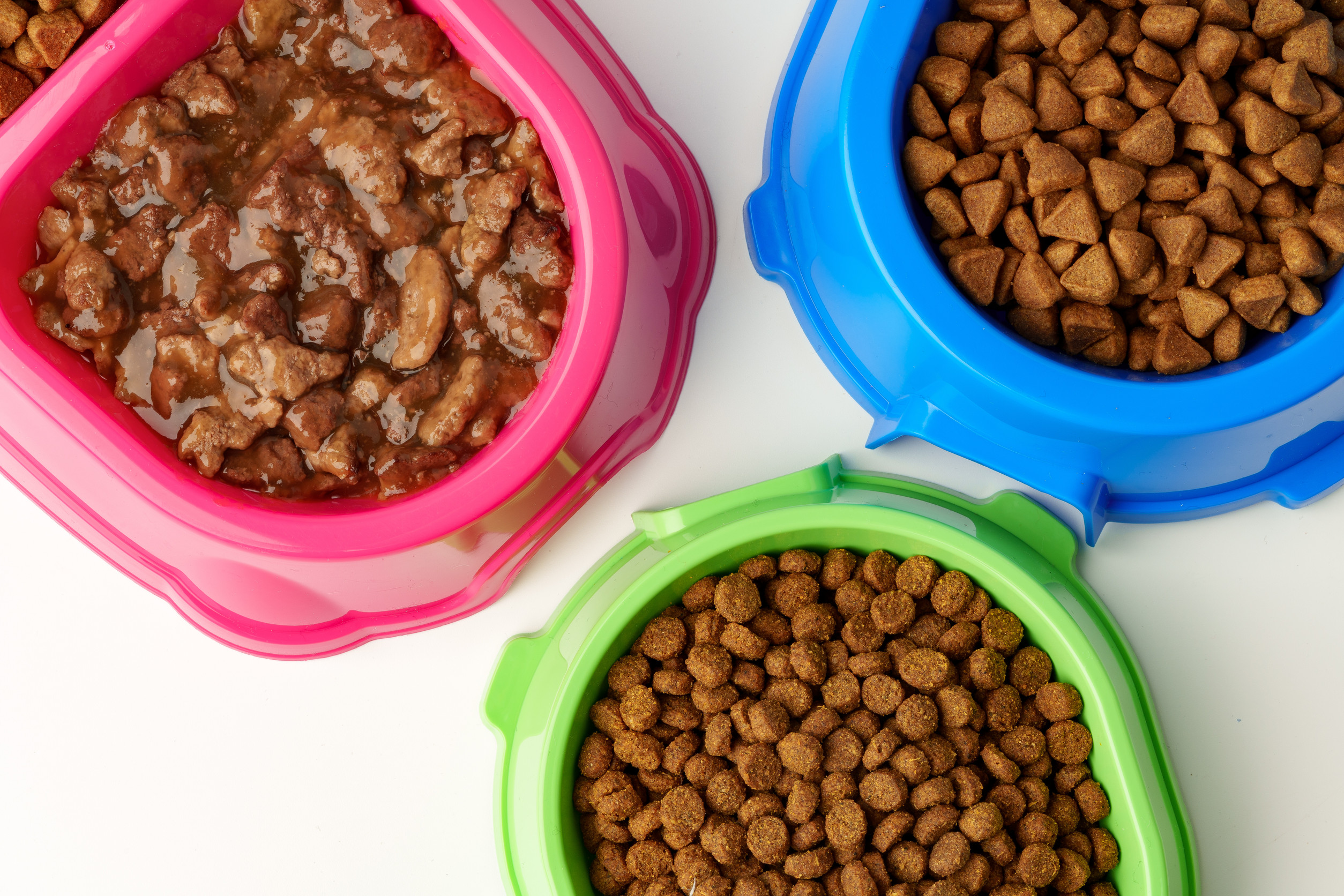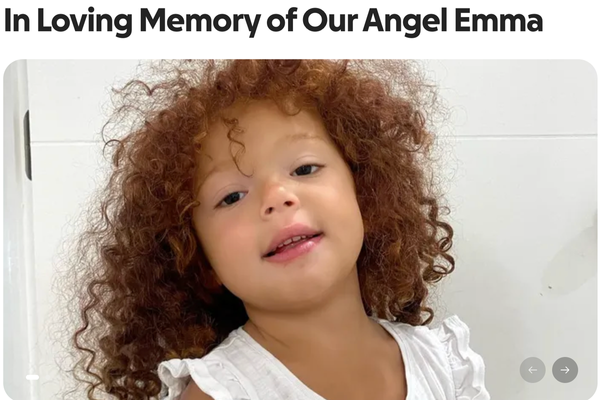
Pets deserve love, care, and a few spoils here and there—but not every product on the pet store shelf is worth the swipe of a credit card. The truth is, many flashy accessories look cute but serve little purpose, and some can even be harmful. Vets see the aftermath all the time: stressed-out pets, wasted money, and cluttered homes.
The pet industry is booming, but not everything that sells should be in your shopping cart. Here are ten popular pet accessories that experts say are mostly marketing gimmicks, not necessities.
1. Crystal-Encrusted Collars
Yes, they sparkle, but vets say these fancy collars are more about owner pride than pet comfort. Heavy or bulky collars can strain the neck, especially in smaller breeds.
Sparkly stones may fall out and become choking hazards. Pets don’t appreciate rhinestones—they just want comfort and safety. A sturdy, lightweight collar with ID tags is all they really need.
2. Automatic Laser Toys
It sounds futuristic, but many vets warn against relying on automated laser gadgets. Pets, especially cats, crave interaction with their humans, not a blinking dot on the wall. Without a tangible “catch” at the end, laser-only play can leave them frustrated and anxious. The machines also lack supervision, which means they can overstimulate pets or encourage obsessive behavior. Old-fashioned wand toys or feather teasers are far more engaging and satisfying.
3. Doggie Strollers
They might look adorable, but vets question their usefulness for healthy pets. Unless a pet has mobility issues or is recovering from surgery, they should walk on their own four legs.
Exercise and mental stimulation from sniffing the outdoors are essential. Strollers often restrict that natural experience and become more of a convenience for the owner than the pet. A regular leash and walk do far better.
4. Fancy Pet Clothing
Seasonal sweaters, costumes, and designer jackets may seem fun, but vets stress they’re usually unnecessary. Most dogs and cats already regulate their own body temperature well. Overdressing can cause overheating, skin irritation, or restricted movement. While short-haired breeds may benefit from simple, lightweight coats in cold weather, the sequins and tutus add no real value. Comfort always beats fashion when it comes to pets.
5. Pet Perfume and Colognes
Scented sprays marketed for pets are often full of chemicals that can irritate skin and noses. Animals already have highly sensitive senses of smell, and overpowering fragrances can be stressful. These products do nothing to improve pet hygiene—regular grooming and baths are what actually keep them clean. Spritzing on perfume only masks odors temporarily and may trigger allergies. Vets agree skip the scents and stick to basic hygiene.
6. Pet-Sized Sunglasses
Tiny goggles on dogs may look like Instagram gold, but they’re rarely necessary. Unless a pet has a diagnosed eye condition requiring protection, shades serve no medical purpose. Most animals naturally squint or move into the shade when it’s too bright. Ill-fitting glasses can irritate the face and make pets uncomfortable. They’re more for photos than for health, and vets suggest leaving them on the shelf.
7. Gourmet Pet Desserts
Cupcakes, ice cream, and cookies labeled “pet-friendly” often cost a fortune with little nutritional benefit. Vets warn that many contain unnecessary sugars, fats, and artificial colors. While they may be safe in small doses, they add empty calories that can lead to obesity. Pets don’t know the difference between a fancy cookie and a small healthy treat. A vet-approved snack or plain carrot stick goes much further.

8. Pet Exercise Wheels for Dogs
Oversized hamster wheels for dogs have popped up on the market, but vets find them impractical. Dogs get the most benefit from walking outdoors, exploring scents, and socializing. A wheel keeps them in place and provides repetitive, unnatural movement. It’s bulky, expensive, and not mentally stimulating. Walks, fetch, or puzzle games are much more effective and rewarding.
9. Vibrating Massage Beds
These pricey gadgets promise to soothe pets with gentle vibrations, but vets remain unconvinced. Many pets are startled or stressed by the unusual sensation. A soft bed, quiet environment, and attention from their human are far more relaxing.
The vibration feature doesn’t replace actual medical massage or therapeutic touch. Most of these beds end up unused in a corner after the novelty wears off.
10. Designer Litter Boxes
Stylish litter boxes shaped like furniture or futuristic pods may look sleek in a living room, but pets don’t care about design. What matters most is cleanliness, accessibility, and comfort. Some trendy boxes are too cramped or complicated for cats to use properly. High prices don’t guarantee better hygiene. Vets say a simple, well-maintained box is just as effective—if not better.
Spend Smart, Love Hard
Pets don’t measure love in rhinestones or strollers—they care about time, comfort, and health. Vets emphasize that simple, practical accessories go much further than gimmicks. Investing in good food, vet care, and daily exercise matters more than flashy extras. The pet industry thrives on human impulse buys, but pets thrive on consistent care.
Which pet product have you regretted buying? Share your thoughts in the comments below.
You May Also Like…
The Truth About Raw Diets for Pets: What You Need to Know
How Pet DNA Kits Are Quietly Selling Renter Data to Insurance Firms
8 Myths About Pet Training That Need to Be Addressed
5 Dog Breeds That Are Surprisingly Useless as Guard Dogs
The Internet War Between Cat People and Dog Lovers
The post 10 Pet Accessories That Are a Waste of Money According to Vets appeared first on Everybody Loves Your Money.







